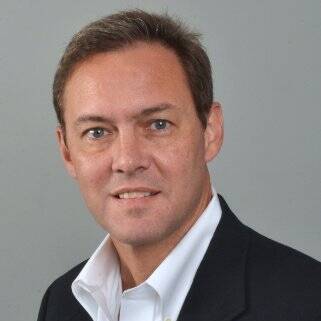In his message to the Summit of the Americas in April, Pope Francis called Panama, the host country, a “point of encounter between the North and the South.”
And to the surprise of cynical journalists like me attending the event, the pontiff’s hope that Panama would be a political as well as geographic bridge was actually affirmed. The seventh Summit of the Americas, unlike its six predecessors, proved that North American-Latin American cooperation may not be as illusory as we were beginning to think it was.
Since its launch in 1994, this regular gathering of Western Hemisphere heads of state had become best known for two very dismal features: the Latin American left hijacking the event to bash the United States, and the United States looking as if it wished it were anywhere but at the Summit of the Americas.
As a result, whatever worthy development theme each summit advertised—health care, education, infrastructure—evaporated in the pressure cooker of U.S. insensitivity and Latin American hypersensitivity. Inter-American dialogue inevitably yielded to disputes about yanqui hegemony, the drug war and especially Communist Cuba.
But this time in Panama, the only commotion the Latin left could whip up took place outside the convention center, when a security guard for Evo Morales, the left-wing president of Bolivia, attacked a television news cameraman with a Taser. The Bolivian’s anti-U.S. address later that afternoon got little of the rapt media attention he is used to at these assemblies.
By the same token, the U.S. delegation seemed genuinely, unusually engaged at this summit. A jovial President Obama looked for once like a man with a hemispheric purpose, putting forth projects like the $1 billion initiative by the United States to stem nightmarish poverty and criminal violence in Central America. Most important, however, was the deft way Obama himself hijacked the summit—turning it into a showcase for the thaw between the United States and Cuba, who have begun normalizing relations that were severed in 1961.
Cuba’s President Raúl Castro, basking in his country’s first invitation to the summit, was just as eager to spotlight his rapprochement with Washington. So eager, in fact, that he seemed to leave comrades like Morales in the lurch as he heaped praise on Obama in his own speech.
As if to bear out the hopes of Pope Francis—who played a large role in brokering the U.S.-Cuba reconciliation—Obama and Castro made the Panama summit a point of encounter instead of a point of attack. They even held a historic face-to-face meeting, the first between U.S. and Cuban heads of state since 1956.
Their performance could have repercussions well beyond the Florida Straits. It might do nothing less than change, or at least challenge, the historically tortured dynamic between the U.S. superpower and the developing nations with whom it shares the New World.
That means a hemisphere where things can get done—where those working themes the summits trumpet see realization instead of rhetoric—because it has finally left the Cold War behind for a post-ideological approach to inter-American action.
And action is sorely needed. The only drawback to all that applause for U.S.-Cuba détente was that it drowned out the Panama summit’s subject: “Prosperity With Equity.”
As the first Latin American pope noted in a letter read at the summit, Latin America’s wealth inequality remains among the world’s worst. “There cannot continue to be unjust inequalities that offend human dignity,” said Pope Francis.
To their credit, many Latin American countries have closed epic wealth gaps, adding millions of citizens to the middle class. But the chasm is still too wide. And while it is good to see the region create more of its own problem-solving organizations, there are too many issues that cannot be tackled semi-hemispherically. Immigration, drug-trafficking, human rights—not to mention Latin America’s addiction to low-wage, low-tech commodities-export economies—these have to be resolved by North America and Latin America together.
The next Summit of the Americas is slated for Lima, Peru, in 2018. But I’m lobbying to keep it in Panama. Once you’ve found a point of encounter, you should stick with it.








